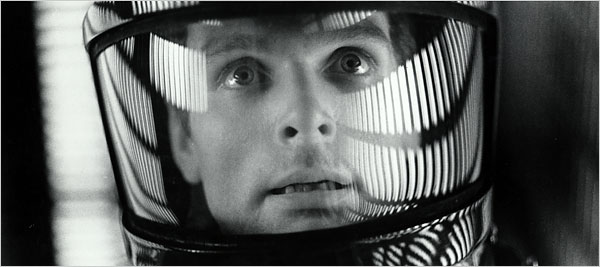 Time to Press the 'Reset' Button
Time to Press the 'Reset' ButtonKurt Andersen on Building a More Sustainable Economy, World
By James B. Arndorfer, Advertising Age, August 19, 2009
Given we've already seen a bumper crop of books explaining what caused the Great Recession, we're now due for a flood explaining what it means. And what comes next.
Kurt Andersen may have seized first-mover advantage in March with a well-regarded article in Time magazine titled "The End of Excess." In the article, he argued that the crisis was "good for America" as it took us off an unsustainable track. No less resonant was the image of a red "reset" button on the issue cover. The word "reset" was on the lips on more than a few executives then describing the landscape.
"Reset: How This Crisis Can Restore Our Values and Renew America" is an expanded -- well, to 72 pages of content -- version of the article. As founder of Spy magazine and author of panoramic novels ("Heyday," "Turn of the Century"), Andersen seems a natural to distill the zeitgeist.
His argument: Our current woes are a result of the go-go '80s ethos never ending (not an unsurprising argument from a Spy alum) and now we, as a country, have an historic opportunity to build a more grounded and sustainable world. It's a moral tale, with Andersen in the role of 21st-century Puritan minister. But instead of warning of damnation, Andersen's optimism runs through every page: "This is the end of the world as we've known it," he writes. "But it isn't the end of the world."
Critics can take issue with any number of Andersen's points (Does history really move in cycles? Are we really ready to leave behind old ideological splits?), but it's hard to argue against the fact of "a reset." The bursting of the housing bubble destroyed trillions in household wealth. It's not coming back anytime soon. That simple fact is going to have profound consequences on consumer behavior and the economy. . . .
~ Full article here

















